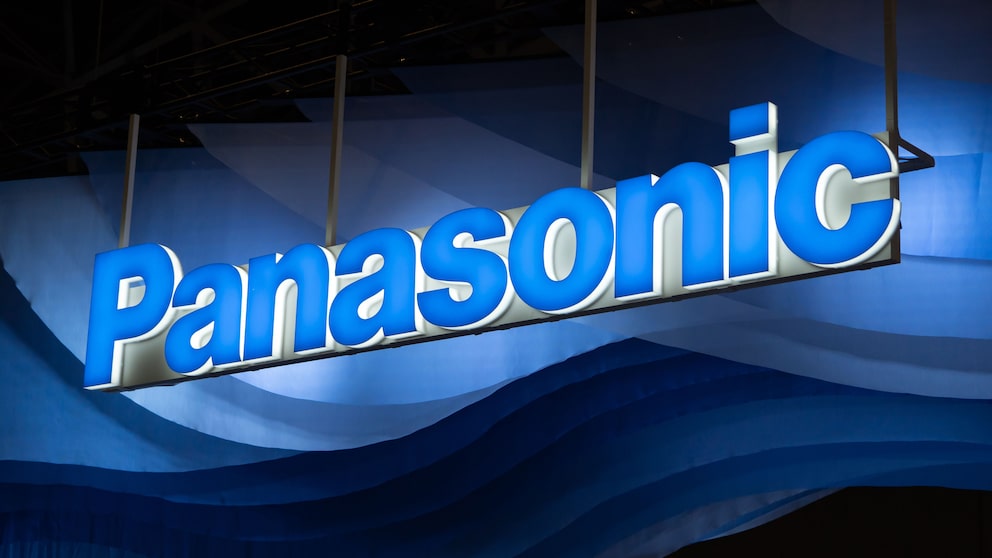February 10, 2025, 8:12 am | Read time: 3 minutes
Panasonic is known for its high-quality TV sets. Although these are often more expensive, they regularly impress in tests with their high-quality picture, sound, and workmanship. However, Panasonic’s TV division is under pressure and is no longer as profitable as it was in the past. TECHBOOK explains the consequences of this.
The Japanese electronics group Panasonic could divest itself of its loss-making TV division. According to a report in the Japanese newspaper Nikkei Asia, company president Yuki Kusumi confirmed that a sale is being considered, even if no final decision has yet been made. Panasonic could follow the example of other manufacturers who have withdrawn from the television business. However, the search for a buyer is likely to prove difficult.
Difficult Market Situation and Pressure From the Competition Are Affecting Panasonic
Panasonic’s golden years seem to be over, at least as far as the TV segment is concerned. This is despite the fact that the company regularly presents new top models. This includes the super-bright TV that Panasonic brought to CES 2025.
In the 2010s, the company was a major player in the TV market, with a market share of around 20 percent. However, this has since fallen to 12.8 percent and is continuing to decline. In its home country, Japan, its market share has almost halved. The main reasons for this are the increasing competition from Chinese manufacturers such as Hisense and TCL, as well as the dominance of South Korean companies such as LG and Samsung.
Samsung is currently at the top of the list of the best TV manufacturers, followed by LG and Sony. Although Panasonic has a good reputation, it cannot compete with this success. In addition, high investment costs in other areas, such as automotive batteries, are weighing on the Group’s financial situation. The company is, therefore, facing a comprehensive restructuring. In an interview with investors and various media, Panasonic’s CEO referred to plans to improve the performance of various business areas, including the current TV business.
As part of this strategy, Panasonic could either downsize its TV division or sell it completely. President Kusumi emphasized that the future of the TV business also depends on the assessment of potential investors.

What has become of LG’s smartphone division

LG Discontinues Production of Blu-Ray Players for Good

Why Sony Ericsson’s smartphones failed
Who Could Take Over Panasonic’s TV Division?
The Group plans to focus more on areas with higher growth potential in the future. There will, therefore, probably no longer be a particular focus on the TV division. Nevertheless, President Kusumi points out that the search for a buyer is a challenge. Investors would have to be convinced of the future viability of the TV division. Toshiba, for example, had already sold its TV business to the Turkish manufacturer Vestel in 2016, while Sony has also lost market share.
Whether Panasonic can continue to exist as a TV manufacturer remains to be seen. At the moment, the company wants to concentrate on strengthening its own business and profitability, the company revealed when asked by TECHBOOK. This also includes launching strong new products on the market and entering into new collaborations and partnerships. “After the positive customer feedback at CES in January, we are looking forward to the coming year. We will soon be introducing a new, strong, and expanded range of new models,” a company spokesperson told TECHBOOK.
The Group’s televisions continue to enjoy a high reputation in the premium segment, but the higher prices compared to the competition are making sales more difficult. The decision to integrate Amazon’s Fire TV into its own devices has also not brought the hoped-for success.
A final decision on the future of the TV division has not yet been made. It, therefore, remains to be seen whether Panasonic will find a suitable buyer or downsize the business.

